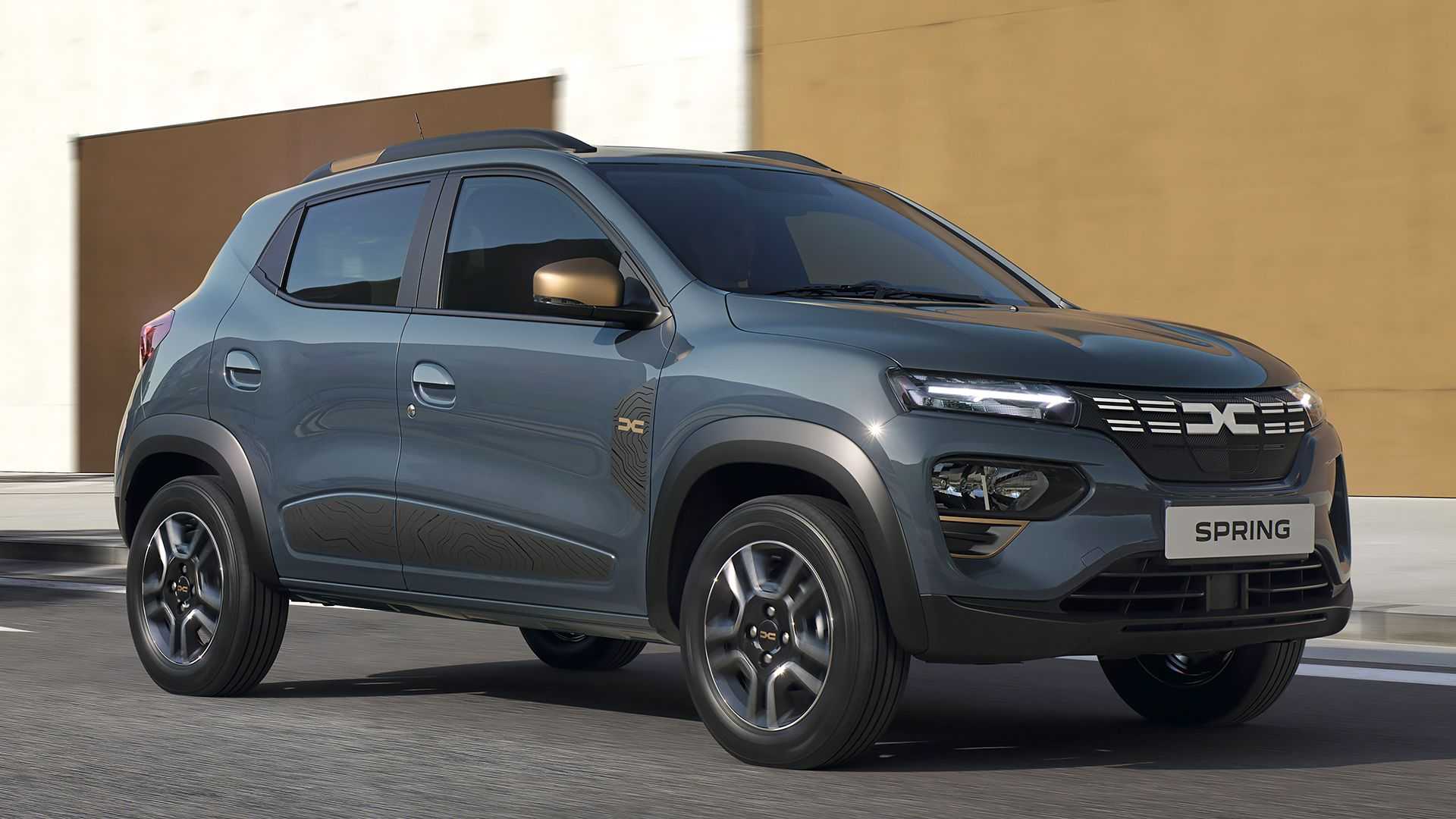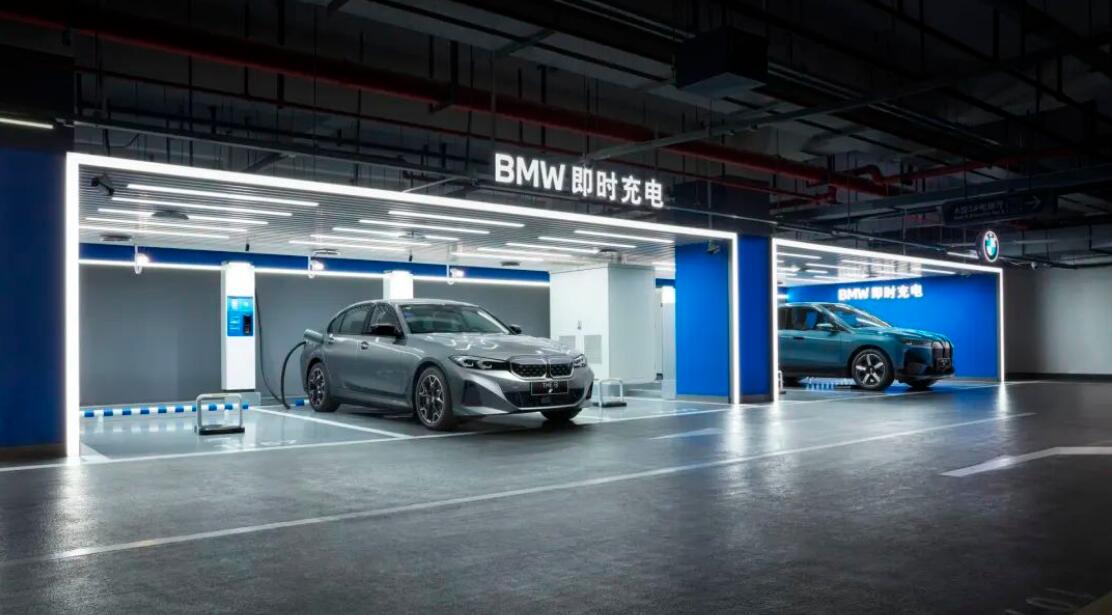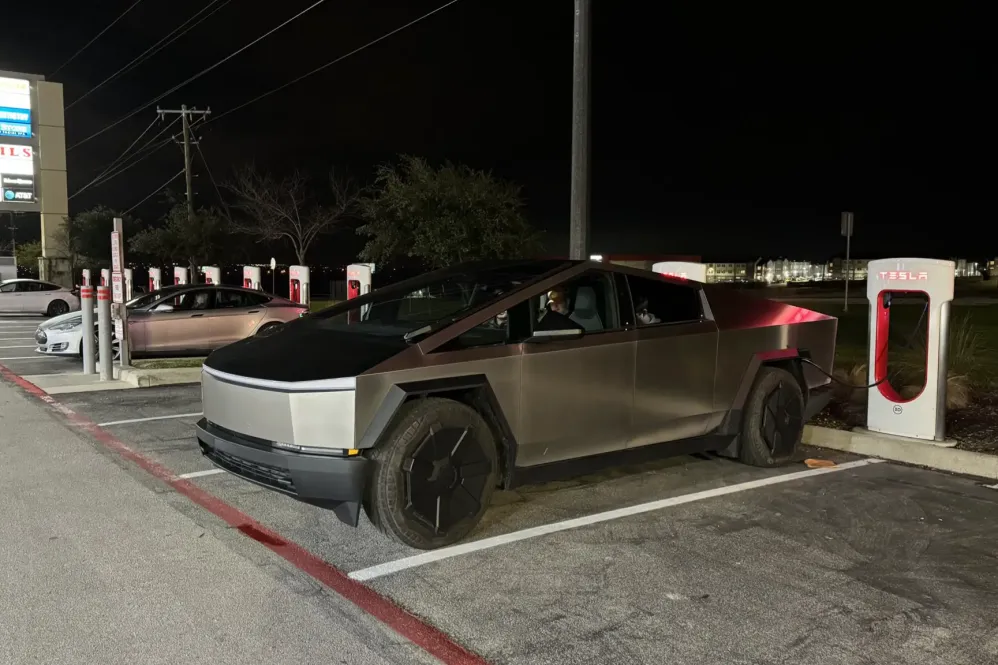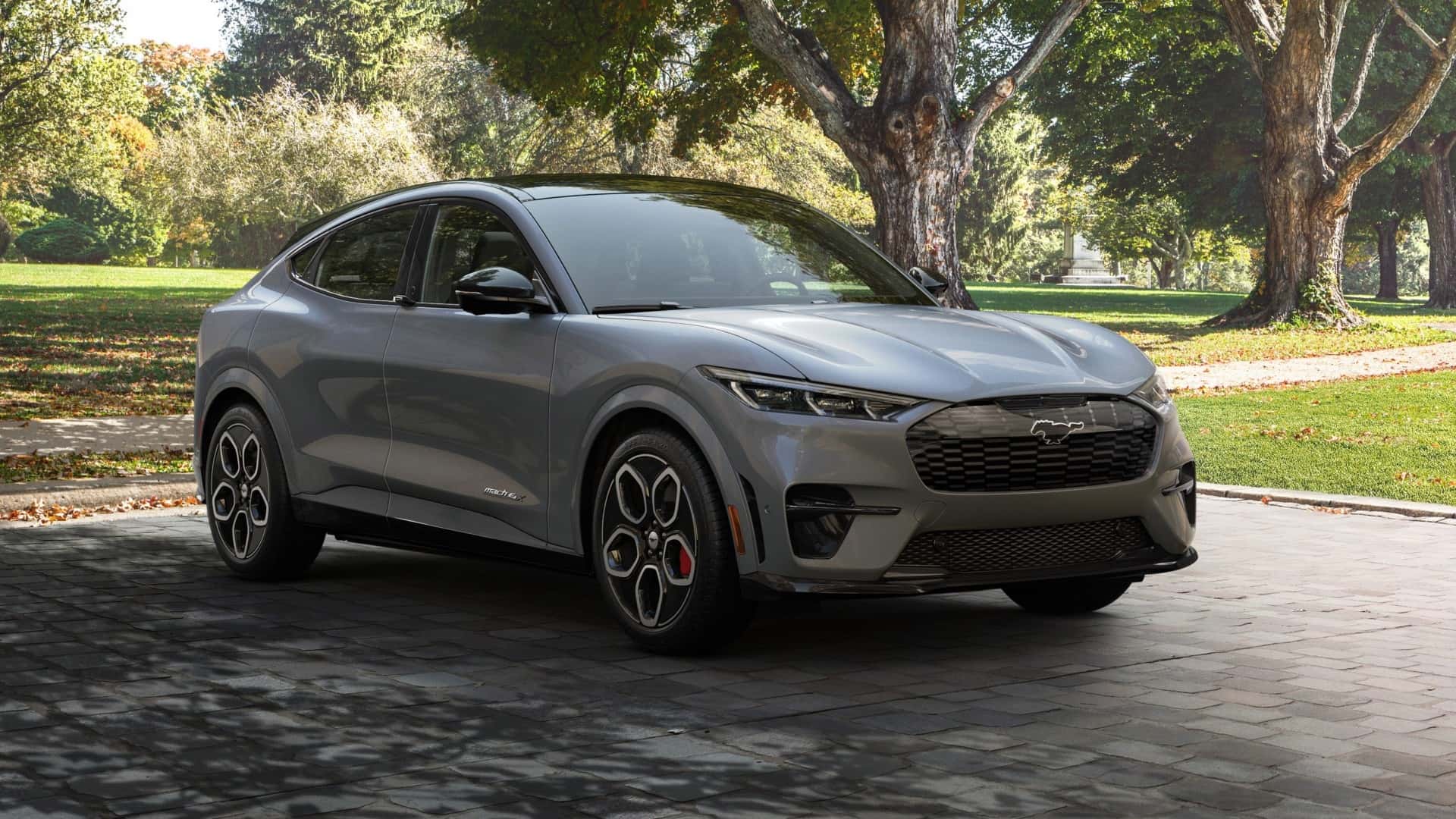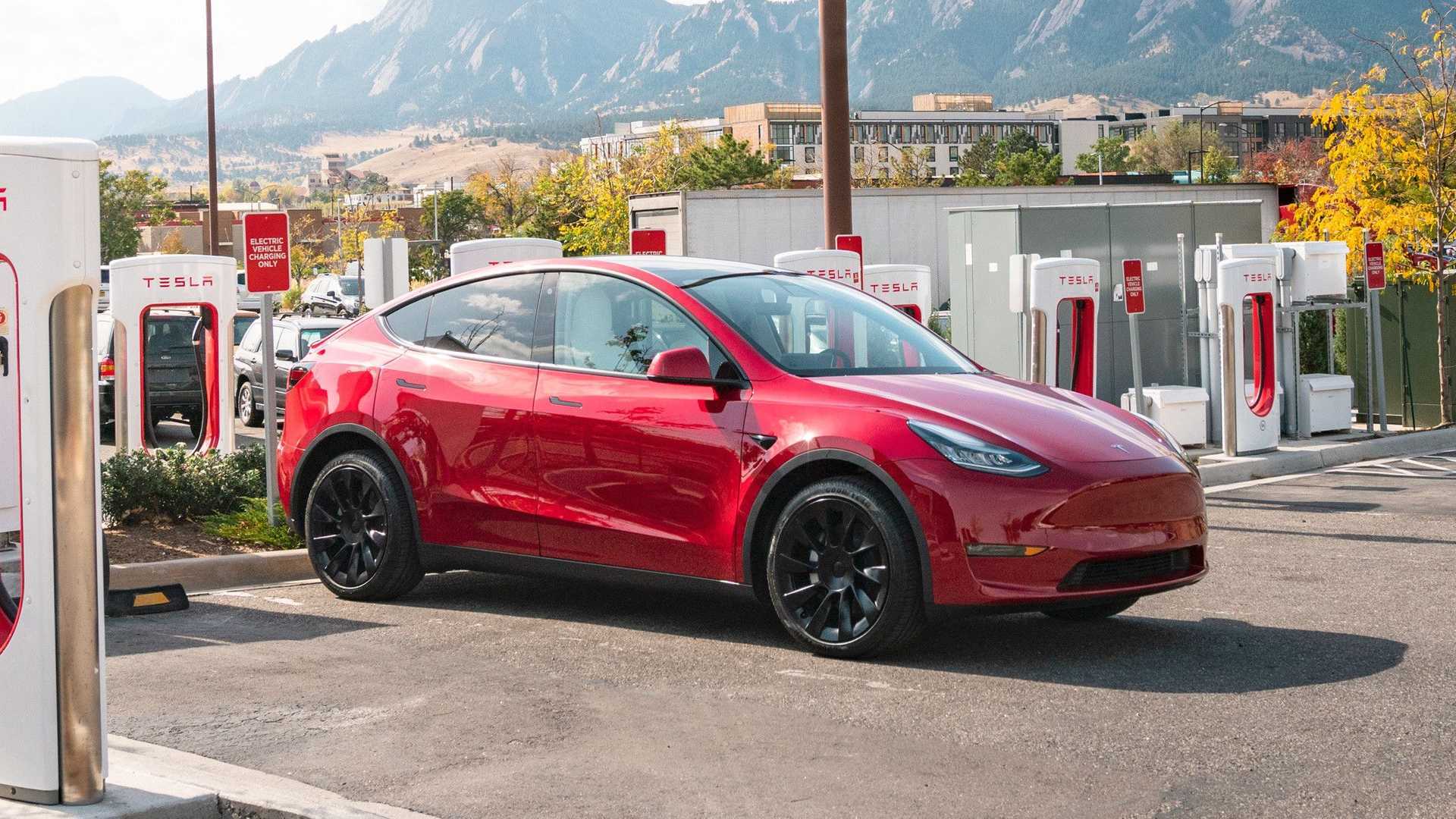France witnessed a notable boost in electric vehicle (EV) adoption in 2023, accounting for 26% of new car sales, reflecting a substantial 47% increase from the previous year. This surge is attributed to the introduction of more affordable EV options in the market, supported by generous government subsidies.
According to data from French auto industry group Plateforme automobile, as reported by RFI, a total of 1,774,729 new cars sold in 2023 were battery electric or plug-in hybrid vehicles, constituting 26% of the market. In contrast, 2022 saw only 17% of new cars sold being EVs, with plug-in hybrids contributing 9% to the total sales.
See also: Renault’s Ampere Division to Produce Compact Electric SUV for Mitsubishi in France
While internal combustion engine vehicles still make up more than a third of the market share, there is positive news regarding declining diesel sales, with only one in 10 new cars sold in 2023 running on diesel.
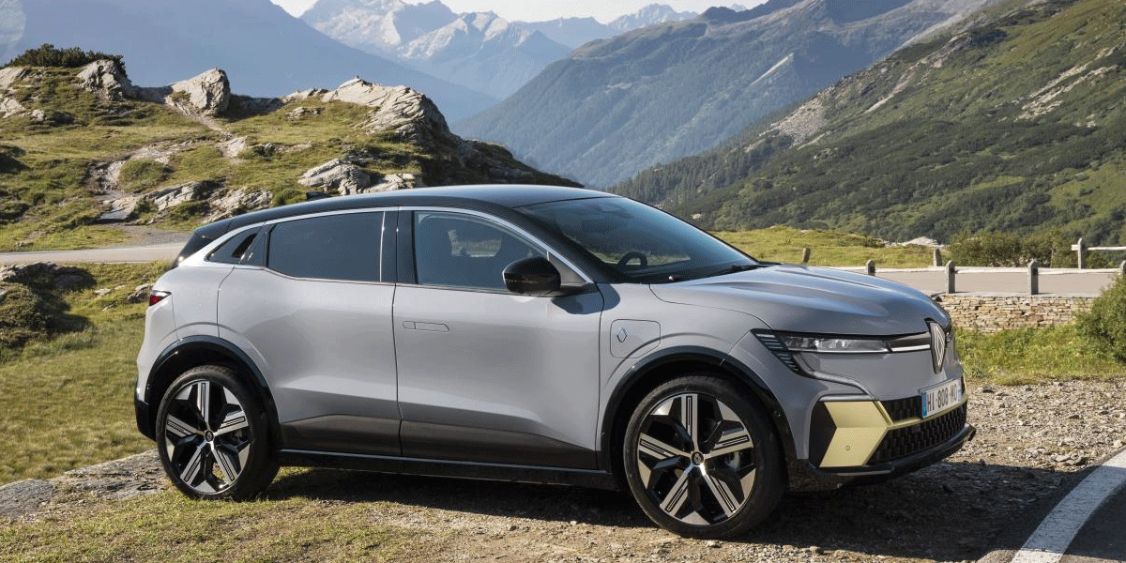
Tesla continues to dominate the EV market in France and Europe, with the Model 3 and Model Y SUV leading in sales. However, the landscape may change for Tesla due to new stringent incentives, excluding Chinese-made models and Tesla’s Model 3 from certain benefits.
France’s green bonus, originally a flat cash incentive of €5,000 (€7,000 for lower-income families) for all EVs, has undergone revisions. A third of the incentives previously going to Chinese-made EVs have been reconsidered based on production and life cycle considerations. This excludes Chinese and foreign-made cars with high CO2 emissions in their manufacturing process. Notably, popular models like the Chinese-made Dacia Spring and Tesla’s Model 3 are affected, while the Model Y, assembled in Germany, remains eligible.
See also: France’s Stance on Post-Brexit EV Tariffs Raises Concerns for Carmakers
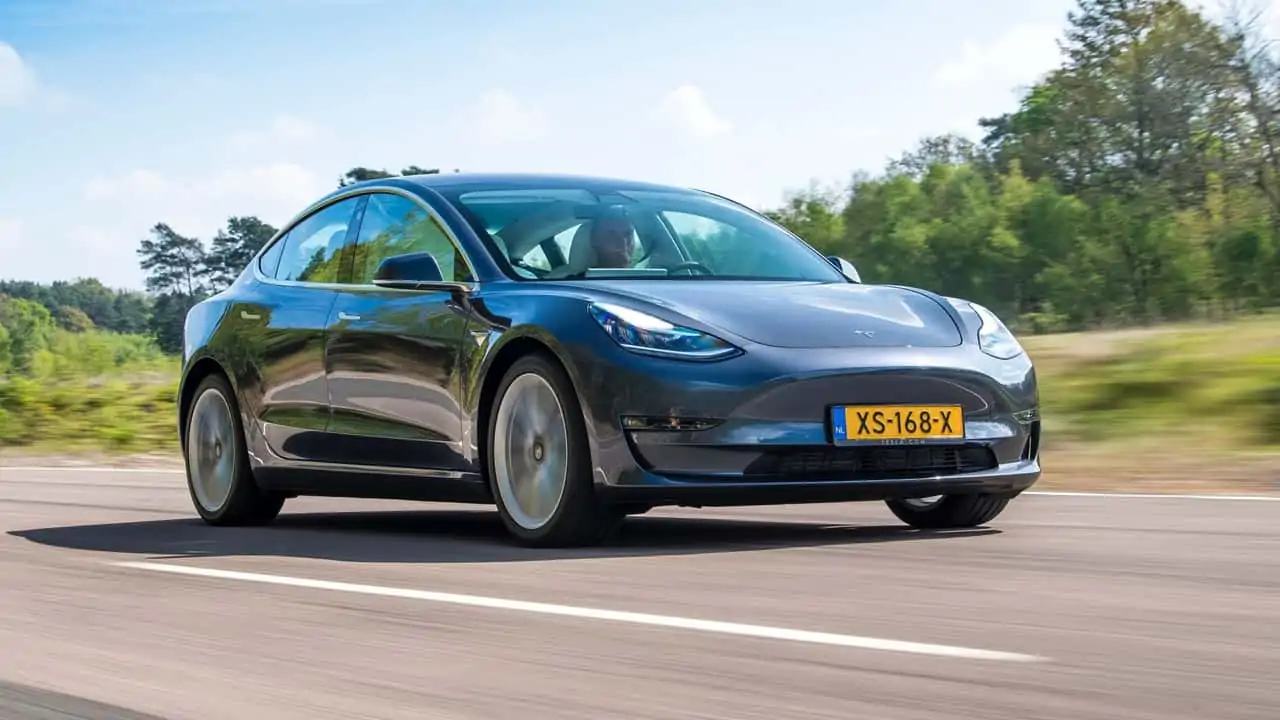
In 2024, the French government plans to reduce spending on EV adoption by €200 million compared to 2023, potentially impacting the market. However, the introduction of a new social leasing program, offering affordable lease options and free charging for lower-income drivers, aims to further support EV adoption. The program, initially limited to 20,000 to 25,000 applications, demonstrates the government’s commitment to expanding EV initiatives.
France has set an ambitious target to produce over 1 million EVs by the end of 2027, emphasizing its dedication to sustainable automotive practices.

